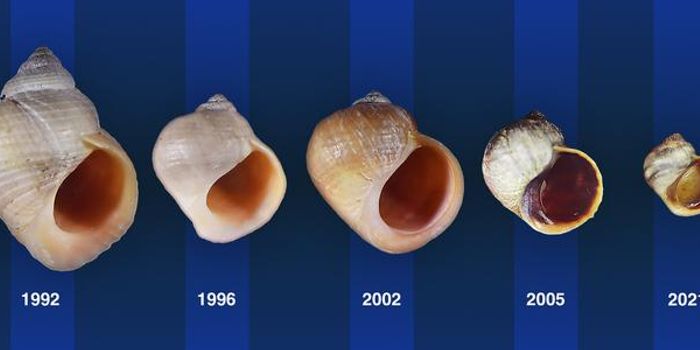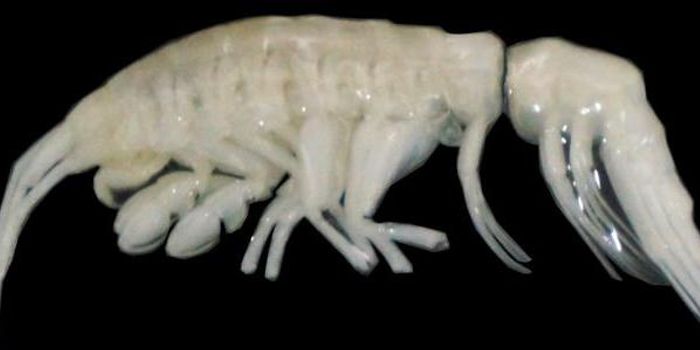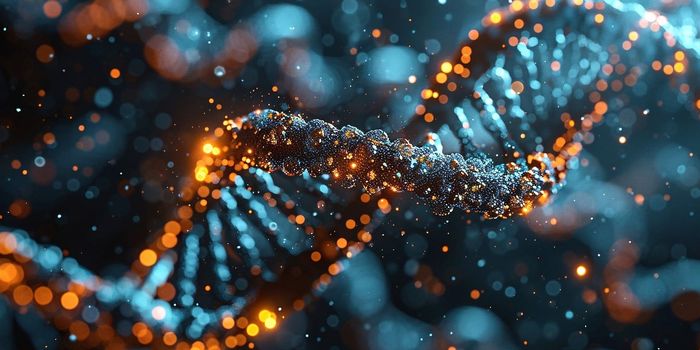Lost in Translation: How Genetic Conflicts are Avoided in Neural Stem Cells
Cells are defined by the genes they express; protein-coding genes are carefully regulated so that the correct proteins will be active at the right times and places to carry out a cell's functions. Some brain stem cells, however, not only express the genes that are appropriate for the neurons that differentiate from them, but also the genes that maintain their identity as stem cells. Researchers have now revealed how adult brain stem cells can both express neuronal differentiation genes while also keeping their identity.
Stem cells usually have to make a decision about their fate at some point: they can either remain stem cells or differentiate into specialized cells that carry out specific tasks in tissues. But in this work, researchers found a mechanism that stops differentiation genes from being translated into proteins within stem cells. This biochemical process, reported in Nature Communications, seems to show how these brain stem cells avoid decision conflicts about their fate.
Active genes are made into messenger RNA (mRNA) molecules, and the genome sits in the nucleus of a cell. So the mRNA molecules have to exit the nucleus to be translated into proteins in the cellular cytoplasm. But in brain stem cells, the mRNAs of neuronal genes are sequestered in the nucleus, while mRNAs for stem cell genes can leave the nucleus and be translated into proteins.
"For this reason, the cells continued to maintain their status as stem cells," noted first study author Ainara González-Iglesias.
The mRNA molecules are retained in the nucleus through a molecular modification on RNA known as methylation. Methylation causes introns to be spliced out of mRNA, which is required for these molecules to properly exit the nucleus and has to happen before they can be translated into proteins.
But the stem cells can also quickly adapt if they must differentiate into neurons. The process flips, and stem cell genes are then kept in the nucleus so they cannot be translated into proteins.
So even though both neuronal genes and stem cell maintenance genes are expressed constantly, their messengers are not always translated.
"This mechanism not only resolves decision conflicts within cells but also primes the cellular machinery for immediate differentiation upon receiving the appropriate signal," said Nieto.
Even though we still do not know exactly how much regeneration is happening in the adult human brain, there is still a fundamental role for stem cells in that tissue, noted Nieto.
In this study, the investigators studied a portion of the adult mouse brain called the subventricular zone, where many stem cells are kept. These findings, therefore, also have to be confirmed in humans.
Sources: Miguel Hernandez University of Elche, Nature Communications









